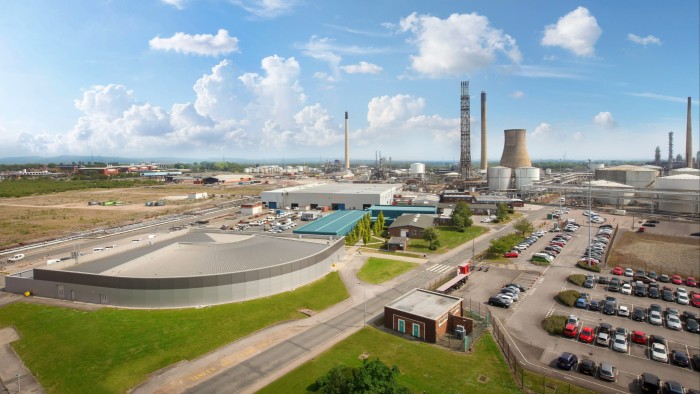UK Government and Eni Green Light Major Carbon Capture Pipeline
On Thursday, a significant announcement regarding climate change initiatives is set to occur, as the UK government and Italian energy firm Eni prepare to unveil the final approvals for a carbon capture pipeline extending 38 miles. This project will connect industrial facilities around Liverpool and Manchester, facilitating the transfer of carbon dioxide for offshore storage.
The Importance of the Pipeline
The Eni pipeline is a pivotal component of the HyNet North West initiative, which is designed to create a network of facilities generating hydrogen for local industries. Proponents of the project assert that this initiative will help secure the region’s 350,000 manufacturing jobs and yield an estimated £17 billion in economic benefits over a span of 25 years.
Environmental Impact and Project Details
Initially, the project aims to sequester 4.5 million tonnes of carbon dioxide annually in depleted gas fields located approximately 0.6 miles beneath Liverpool Bay. This capacity is projected to increase to 10 million tonnes by 2030, equating to the emissions produced by around four million cars each year.
Government Support and Future Prospects
Last October, the UK government committed nearly £22 billion over 25 years to support the HyNet project alongside another initiative known as Net Zero Teeside. Eni’s Chief Executive, Claudio Descalzi, remarked that governmental backing is crucial for the development of a robust carbon capture industry in the UK.
Furthermore, the UK government emphasized that these projects could stimulate growth within England’s North-west and North-east industrial sectors.
Concerns and Additional Funding Initiatives
Despite the optimism surrounding the current investments, concerns linger regarding the allocation of funds for other carbon capture endeavors, particularly projects in the Humber and Scotland that are also seeking governmental support.
In a related push for renewable energy, UK Prime Minister Keir Starmer has announced a forthcoming £300 million allocation for offshore wind projects, aiming to minimize investment risks and foster technological development in areas such as floating wind platforms.


